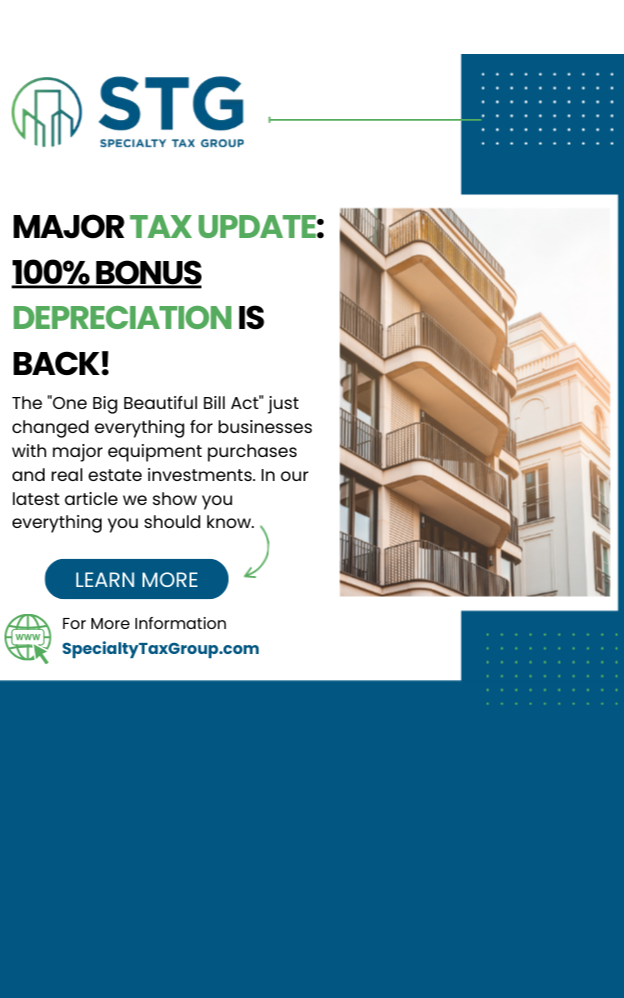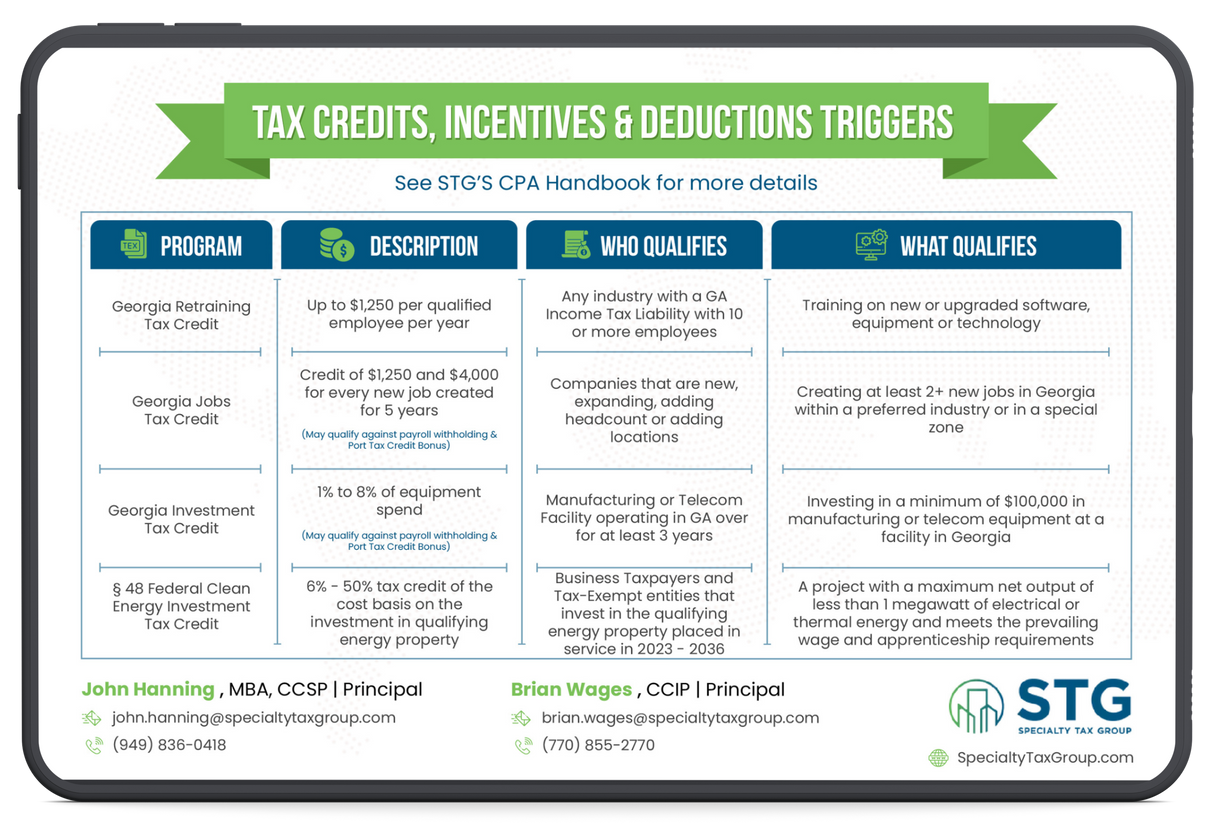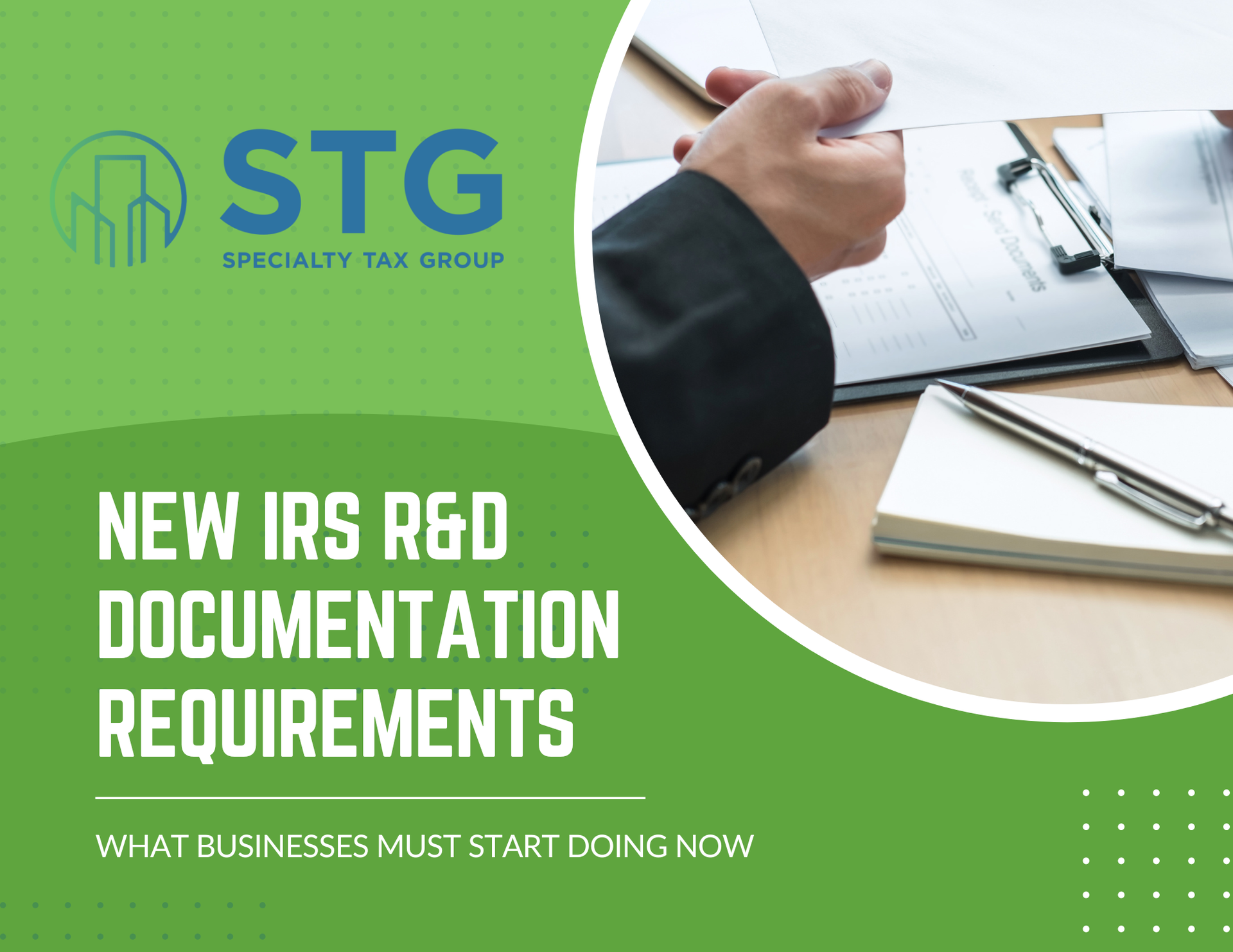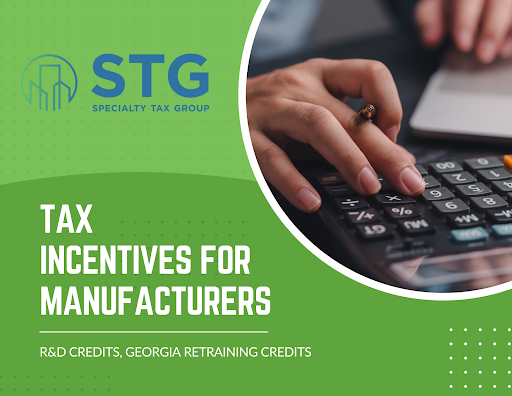This blog post has been researched, edited, and approved by John Hanning and Brian Wages. Join our newsletter below.

Cost segregation is an engineering study. It looks at property and splits it into categories to lower taxes. This can save real estate owners a lot of money.
Cost segregation also lets businesses use tax credits. These further cut taxes. Let's examine these ideas more. We'll see how they help property owners.
What is Cost Segregation?
Cost segregation is a strategy that allows business owners and individuals who have purchased or recently renovated buildings to save money by reducing the tax burden. Cost segregation breaks down large purchases into smaller asset classifications. For example, a business owner who has recently purchased new equipment may be able to break down the purchase into its component parts and classify each part as an asset with its own depreciation schedule. By doing this, the business owner can realize greater tax benefits over time by taking deductions on those assets sooner than if they had been classified as one single asset.
However, the specific regulations for
cost segregation vary from state to state, so it's essential to consult an accountant before embarking on this process.
What are Credit Incentives?
Credit incentives are government-issued credits businesses can take advantage of when making certain purchases or investments. These credits are typically given in exchange for investing in certain industries or products that promote economic growth or environmental sustainability.
Examples include renewable energy credits, historic preservation credits, and research and development credits. Businesses can use these credits to reduce their taxable income, reducing their overall tax burden.
Should You Do a Cost Segregation Study?
Whether it's worth it to do cost segregation depends on each situation, but most businesses can benefit from taking advantage of cost segregation and credit incentives whenever possible. By breaking down large purchases into smaller assets and taking advantage of available incentives, businesses have the potential to significantly lower their taxable income while still benefiting from all the advantages that come with owning property or equipment.
The bonus depreciation rate, which allows businesses to deduct a large portion of expenses in the first year, has decreased to 80% for projects placed-in-service in 2023 and will continue to decline by 20% annually through 2026. Specifically:
- For assets placed in service in 2023, the bonus depreciation rate is 80%.
- For assets placed in service in 2024, the bonus depreciation rate will be 60%.
- For assets placed in service in 2025, the bonus depreciation rate will be 40%.
- For assets placed in service in 2026, the bonus depreciation rate will be 20%.
Consulting with our team at Specialty Tax Group will give you the clearest picture of whether cost segregation and credit incentives make sense for your particular situation.
2024 Tax Guide





